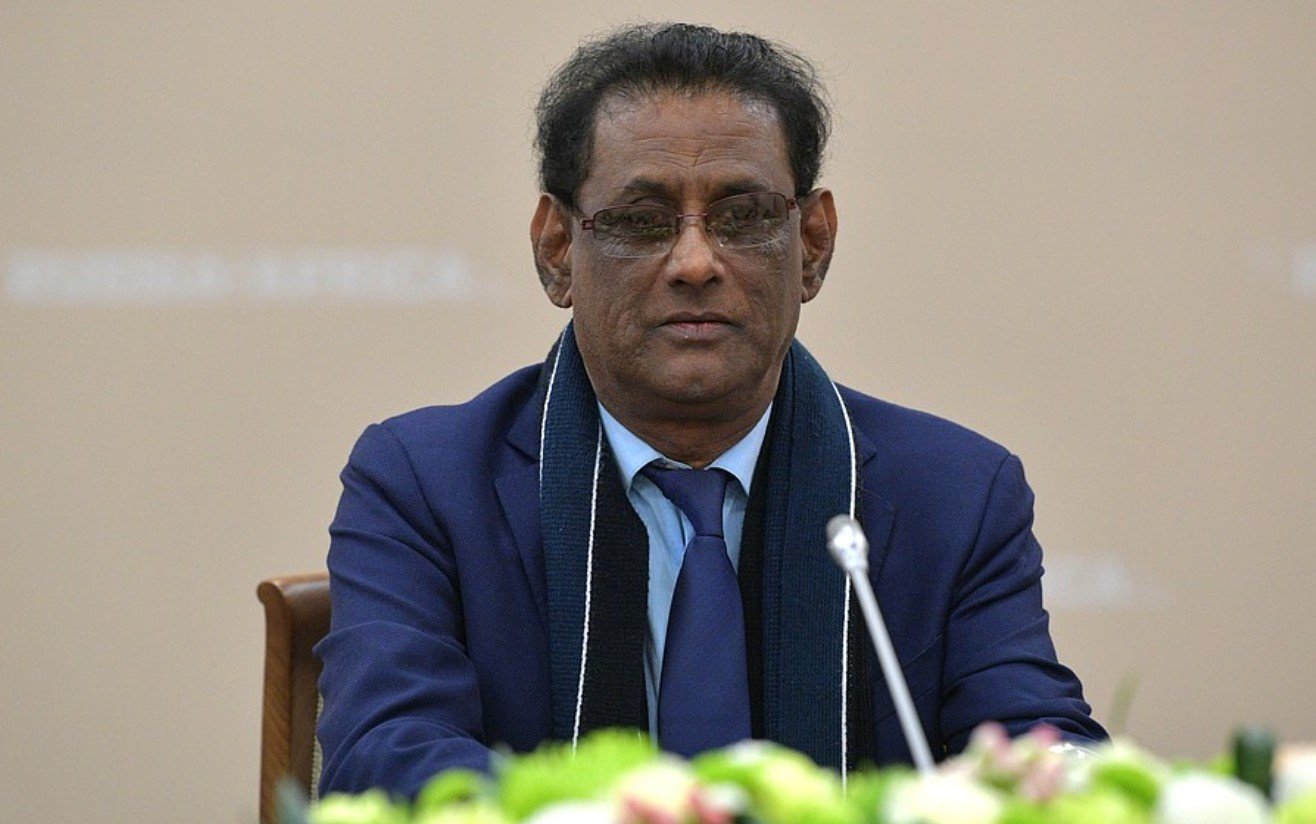In a recent development, the Financial Services Commission (FSC) of Mauritius has refuted allegations made by Hindenburg Research against the Securities and Exchange Board of India (SEBI) chief, Madhabi Puri Buch. The US-based short-seller had accused Buch of having undisclosed investments in offshore funds allegedly linked to the Adani Group. However, the FSC clarified that the funds in question are not domiciled in Mauritius, challenging the credibility of Hindenburg’s claims.
Mauritius Regulator’s Statement
The Financial Services Commission of Mauritius issued a statement denying the allegations made by Hindenburg Research. According to the FSC, the offshore funds mentioned in the report are neither licensees of the FSC nor domiciled in Mauritius. This clarification comes as a significant blow to Hindenburg’s report, which had cited Mauritius as a tax haven facilitating shell companies. The FSC emphasized that Mauritius has a robust regulatory framework that does not permit the creation of shell companies, thereby ensuring compliance with international standards.

The FSC’s statement also highlighted that Mauritius is recognized as a well-regulated and transparent jurisdiction by the Organisation for Economic Co-operation and Development (OECD). The OECD’s peer review confirmed that Mauritius does not have harmful tax practices, further discrediting Hindenburg’s allegations. This robust defense by the FSC aims to protect the integrity of Mauritius as a global business hub.
In addition to denying the domicile of the funds, the FSC reiterated its commitment to maintaining high standards of regulation. The commission stated that all global business companies licensed by the FSC must meet substance requirements on an ongoing basis. This ensures that Mauritius remains a compliant and transparent jurisdiction, countering any claims of it being a tax haven.
Hindenburg’s Allegations
Hindenburg Research had accused SEBI chief Madhabi Puri Buch of having undisclosed financial interests in offshore funds linked to the Adani Group. The report alleged that Buch and her husband had invested in a Mauritius-registered offshoot of a Bermuda-based fund. According to Hindenburg, these investments were made through a complex, multi-layered offshore structure, raising questions about their legitimacy and purpose.
The report further claimed that Buch’s husband had requested the transfer of their investments into his sole control just weeks before her appointment as SEBI chief. This move was allegedly made to avoid any scrutiny related to her new regulatory role. Hindenburg’s report suggested that these undisclosed investments could have influenced Buch’s regulatory decisions, particularly concerning the Adani Group.
Hindenburg’s allegations have sparked significant controversy, with many questioning the credibility of the report. The FSC’s denial of the domicile of the funds adds another layer of complexity to the issue. As the situation unfolds, it remains to be seen how these allegations will impact Buch’s tenure as SEBI chief and the broader regulatory landscape in India.
Implications for SEBI and Mauritius
The allegations against SEBI chief Madhabi Puri Buch have significant implications for both SEBI and Mauritius. For SEBI, the accusations raise questions about the integrity and transparency of its leadership. If proven true, these allegations could undermine public trust in the regulatory body and its ability to oversee the Indian securities market effectively. However, the FSC’s denial of the domicile of the funds provides some relief, challenging the credibility of Hindenburg’s report.
For Mauritius, the allegations pose a threat to its reputation as a global business hub. The FSC’s robust defense aims to protect the island nation’s image and reassure international investors of its compliance with global standards. By denying the domicile of the funds, the FSC seeks to distance Mauritius from any allegations of facilitating tax evasion or financial misconduct.
The unfolding situation also highlights the importance of robust regulatory frameworks and transparency in global financial markets. As regulators and stakeholders continue to navigate these complex issues, the need for stringent oversight and accountability becomes increasingly evident. The outcome of this controversy will likely have far-reaching implications for both SEBI and Mauritius, shaping their future regulatory landscapes.



































